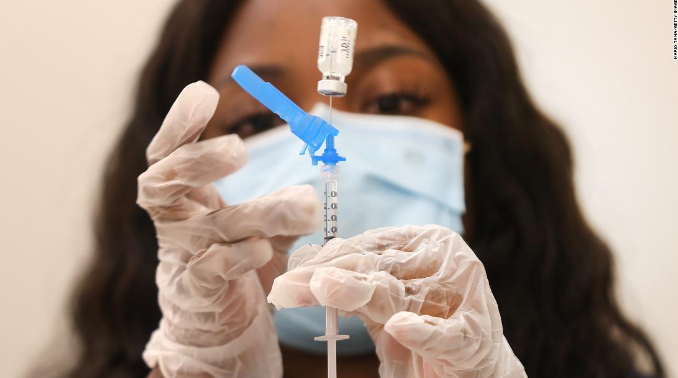SINGAPORE - Individuals in Singapore who have received their mRNA booster shots are well-protected against severe Covid-19, even when it comes to emer
SINGAPORE – Individuals in Singapore who have received their mRNA booster shots are well-protected against severe Covid-19, even when it comes to emerging virus variants like the Kraken, according to Professor Ooi Eng Eong, an expert in emerging infectious diseases at Duke-NUS Medical School.
In an endemic scenario like Covid-19, the priority is to prevent severe illness and death, rather than focusing solely on preventing infection, Prof Ooi explained. While neutralising antibodies, which protect against infection, remain a topic of global interest, they naturally wane after a few months, making them less significant in long-term protection.
Vaccines, however, continue to play a critical role by priming the body’s immune system to respond to infections. “These vaccines strengthen various immune functions that are highly effective in controlling infection within our bodies,” said Prof Ooi.
He likened the immune system to Singapore’s Armed Forces, with neutralising antibodies serving as the first line of defense. “But if the virus gets through that line, other immune responses – like artillery or special forces – step in to protect the body.”
Phase three clinical trials of mRNA vaccines demonstrated that Covid-19 cases decreased significantly among vaccinated individuals within 12 days of receiving the shot, even though neutralising antibodies only develop around 21 days after vaccination. Prof Ooi noted, “Protection began before neutralising antibodies were fully developed, indicating that the vaccine activates other parts of the immune system.”
Currently, only 2.2 million people in Singapore are officially recorded as having been infected by Covid-19, but experts estimate that about 90 per cent of the population has encountered the virus. Individuals with both vaccination and prior infection, known as hybrid immunity, enjoy even stronger protection against severe disease.
Prof Ooi reassured that for healthy individuals, a full vaccination course consisting of three mRNA shots (or four doses for Sinovac recipients) should offer sufficient protection against severe illness, even from new variants. Singapore has achieved this minimum level of protection for 83 per cent of its eligible population.
While new variants may present slightly different traits, more than 90 per cent of the virus’s proteins remain the same, allowing the immune system to mount an effective response. In healthy individuals, an additional booster provides minimal added benefit, and the rare risks associated with extra doses, such as myocarditis, become more relevant.
However, higher-risk groups – including the elderly, individuals with poorly controlled diabetes, cancer patients, and transplant recipients – may need regular boosters, as their natural immunity is weaker. For these individuals, protection against infection is essential.



COMMENTS